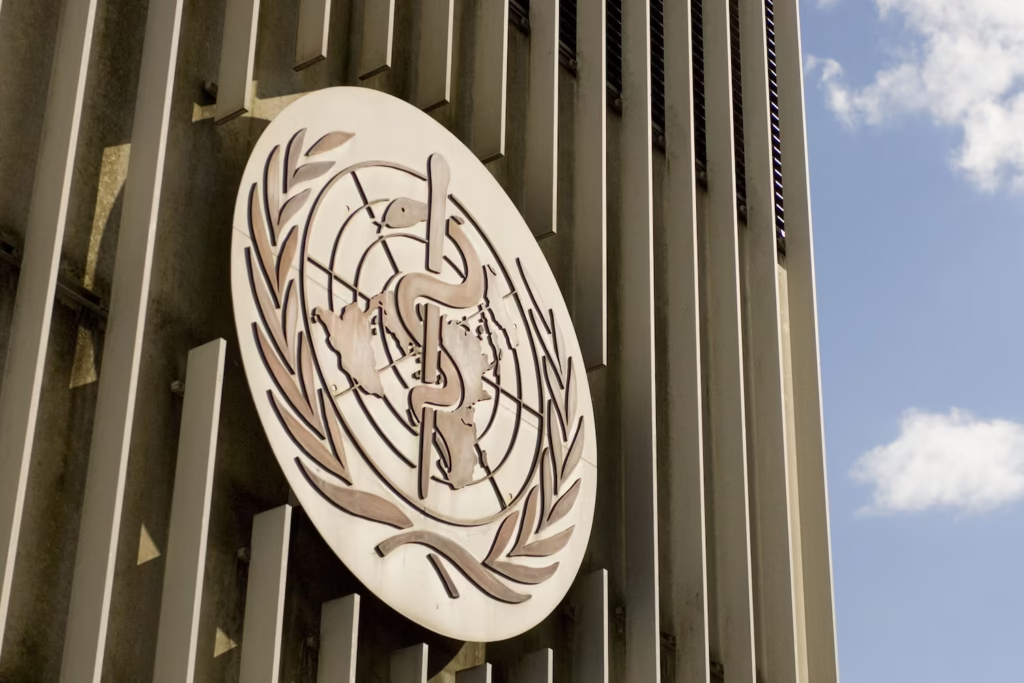
Unknown Deadly Illness Strikes Western Congo
A deadly, unidentified illness has claimed the lives of dozens and infected hundreds more in the Democratic Republic of Congo, as reported by the World Health Organization (W.H.O.). Preliminary investigations suggest that the outbreak may have originated from three children who consumed a bat in January, leading to their deaths. This raises significant concern, as bats are known to carry viruses that cause deadly diseases in humans, such as Ebola and Marburg, although these viruses have been ruled out in this case.
As of February 15, 2025, there have been 431 reported cases of the mysterious illness in Congo’s northwest, with 53 deaths, primarily in the Équateur Province. Tragically, nearly half of the fatalities occurred within 48 hours of symptom onset in one of the two identified clusters. The W.H.O. has emphasized that the outbreak, with its rapid rise in cases, poses a serious public health threat, though the exact cause remains uncertain.
The illness presents with symptoms common to many viral infections, including fever, vomiting, diarrhea, and body aches. In more severe cases, victims experience nosebleeds and vomiting of blood. The link to a bat, while still under investigation, is noteworthy, as bats are known to be natural reservoirs for several dangerous viruses, including those responsible for Marburg and Ebola. Bats are also thought to be the origin of the virus that caused the COVID-19 pandemic, further highlighting the significance of this potential connection.
The first signs of the outbreak were traced to Boloko Village, where an initial cluster of cases emerged. From there, the disease spread to the nearby Danda Village. A second, larger outbreak occurred in Bomate Village, which has now infected over 400 people. The W.H.O. has sent 18 samples to the capital, Kinshasa, for testing in hopes of identifying the virus responsible. Initial results have ruled out the more well-known threats of Ebola and Marburg, but the investigation continues.
The exact nature of the illness remains elusive, with medical experts trying to piece together the puzzle of its origin and how it is spreading so rapidly. While bats are suspected as the potential source, no definitive conclusions have been made. The W.H.O. and local authorities are working together to contain the outbreak and prevent further infections, but the situation remains dire.
In recent years, Congo has been no stranger to disease outbreaks. Just last year, a mysterious flulike illness swept through the southwestern part of the country, infecting hundreds. It was later determined to be respiratory infections complicated by malaria. However, this new outbreak in northwestern Équateur Province is of particular concern due to the high mortality rate and the unknown nature of the illness.
Équateur Province, where the outbreak has been most concentrated, is a vast and sparsely populated region covering an area roughly the size of Kentucky. The province is located along the Congo River and is primarily made up of farmland and dense rainforest. The remote nature of the region, along with limited access to healthcare infrastructure, presents significant challenges in addressing the crisis.
The outbreak in western Congo is also occurring in stark contrast to the ongoing conflict in the eastern part of the country. There, M23 rebels, with support from Rwanda, have been engaged in violent clashes with the Congolese Army, displacing thousands and worsening the humanitarian situation. While the outbreak in Équateur is geographically distant from the war-torn eastern regions, it serves as a reminder of the country’s broader struggles with instability and health crises.
In the face of this new health threat, the W.H.O. and other organizations are urging both local and international communities to respond swiftly to prevent the spread of the disease. The health situation in Congo remains fragile, and the authorities are on high alert to ensure that the outbreak is contained before it escalates further. With the source of the illness still under investigation, health officials are calling for heightened surveillance and vigilance across the region.
As investigations continue, the people of Congo, particularly those in Équateur Province, remain on edge, hoping for answers and for a solution to what has become a growing health crisis.